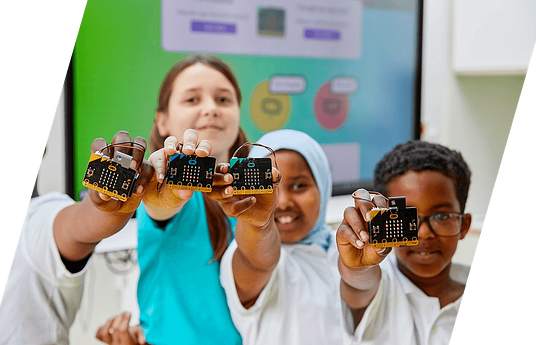80-85% of adults with ASD are unemployed, and in countries like India, vocational opportunities are unlikely. While India seeks inclusion, there's no clear implementation process, and outdated pedagogy excludes many children, causing cognitive regression. Mildly autistic children face mental illness and intellectual disabilities, wasting their potential. This is why we created Sense Kaleidoscopes.
SK is a neuroaffirmative arts-based education program, offering India’s first autism-specific BFA curriculum. Our extensive arts program includes Visual Arts, Sculpture, Theatre, and Culinary Arts, focusing on creative expression, life skills, and career development. The "Create and Earn" model allows autistic artists to gain financial independence through commissions, sales, and merchandise. SK provides scholarships, studio spaces, and gallery representation to foster long-term artistic careers.
We train educators and support staff, build inclusive communities, and promote neurodivergent success stories. Through data-driven methods, we track student progress and validate our curriculum’s impact, ensuring replicability across India. Our holistic approach empowers individuals to achieve self-sufficiency, artistic growth, and social inclusion, while offering ongoing support for those with severe challenges.
SK is expanding through technology-driven impact tracking, monitoring student progress and cognitive development. Collaborating with corporates, universities and medical community, SK runs pilot programs, publishes research, and advocates for inclusive policy changes. Our "earn while you learn" model helps students gain financial independence through real-world projects. Community events, holistic healing clubs, and advocacy networks foster inclusive environments and spread awareness of neurodivergent potential. With a replicable model, strong partnerships, and data-driven methods, SK is scaling nationwide to provide holistic solutions for education, livelihoods, and mental well-being for neurodivergent individuals.
You can reach out to explore partnerships, participate in pilot programs, or engage with our teacher training. We offer consultancy to help adapt our neuro-affirmative model to your context and create inclusive spaces. You can also collaborate on scaling our "earn while you learn" model. Join us in advocacy, events, and research to implement SK’s innovative practices in your organisation.



